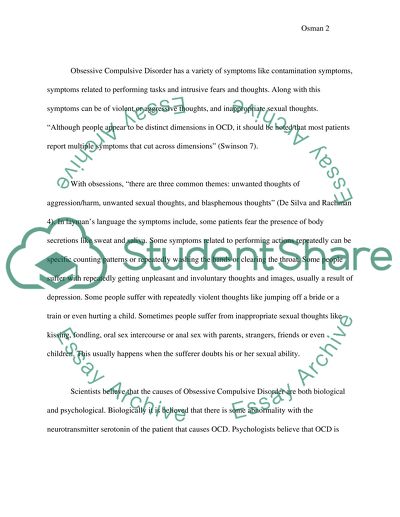Cite this document
(The Promising Therapy of Obsessive Compulsive Disorder Term Paper, n.d.)
The Promising Therapy of Obsessive Compulsive Disorder Term Paper. Retrieved from https://studentshare.org/medical-science/1512523-obsession-compulsive-disorder
The Promising Therapy of Obsessive Compulsive Disorder Term Paper. Retrieved from https://studentshare.org/medical-science/1512523-obsession-compulsive-disorder
(The Promising Therapy of Obsessive Compulsive Disorder Term Paper)
The Promising Therapy of Obsessive Compulsive Disorder Term Paper. https://studentshare.org/medical-science/1512523-obsession-compulsive-disorder.
The Promising Therapy of Obsessive Compulsive Disorder Term Paper. https://studentshare.org/medical-science/1512523-obsession-compulsive-disorder.
“The Promising Therapy of Obsessive Compulsive Disorder Term Paper”, n.d. https://studentshare.org/medical-science/1512523-obsession-compulsive-disorder.


